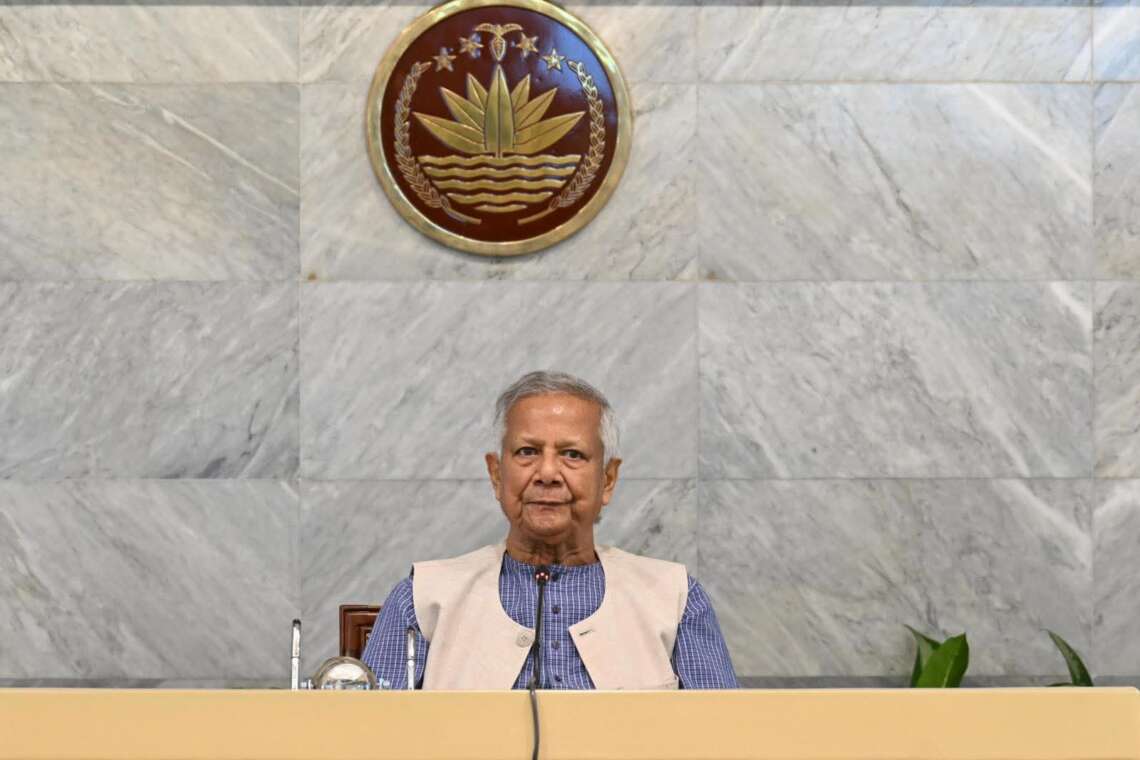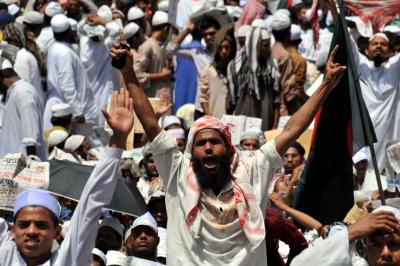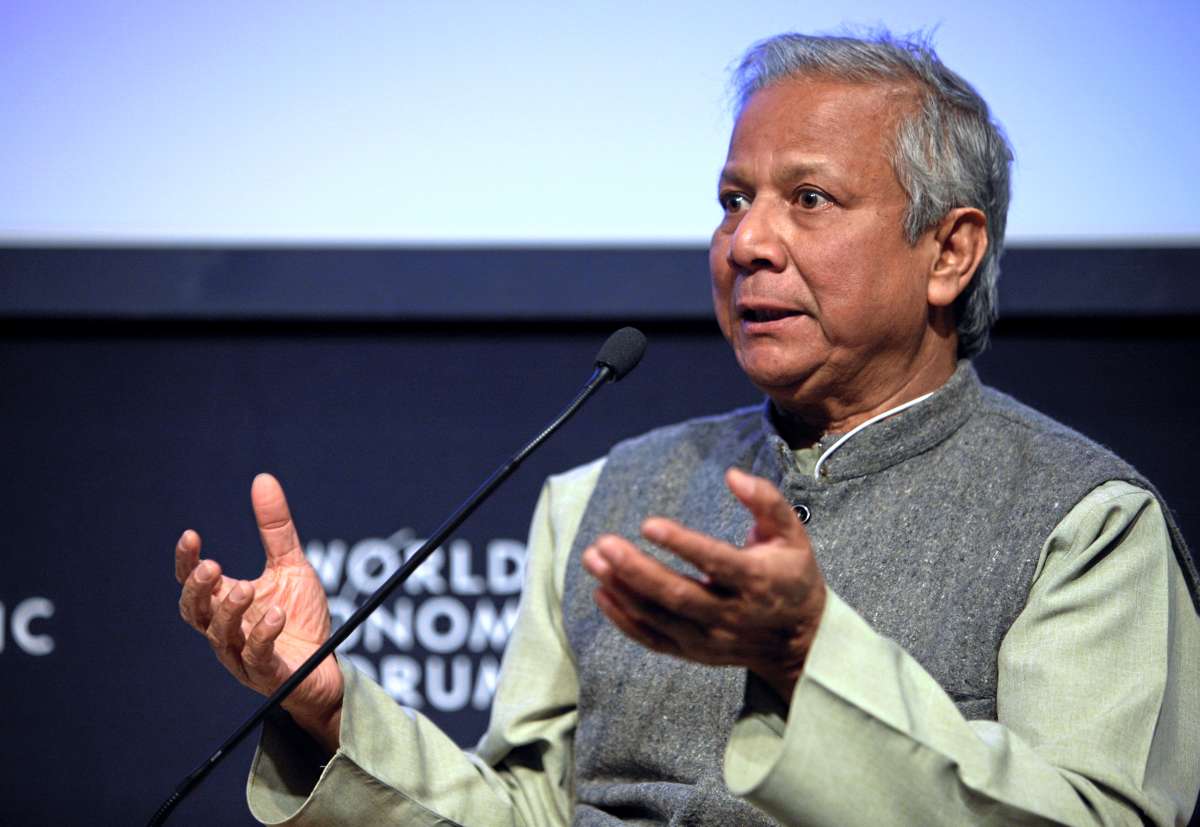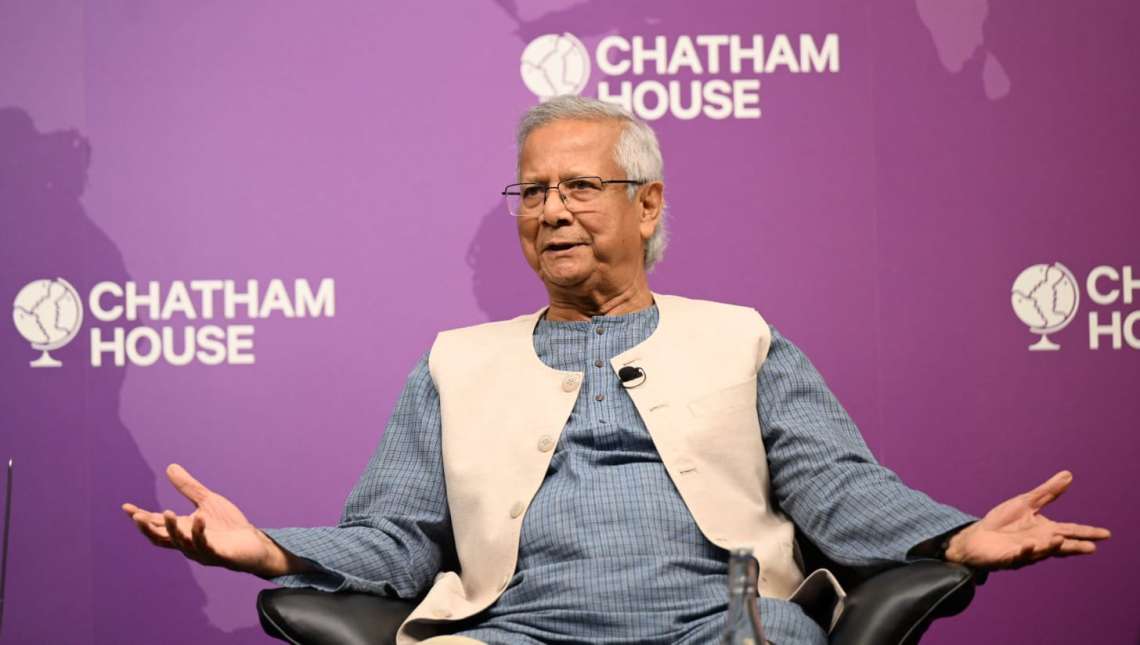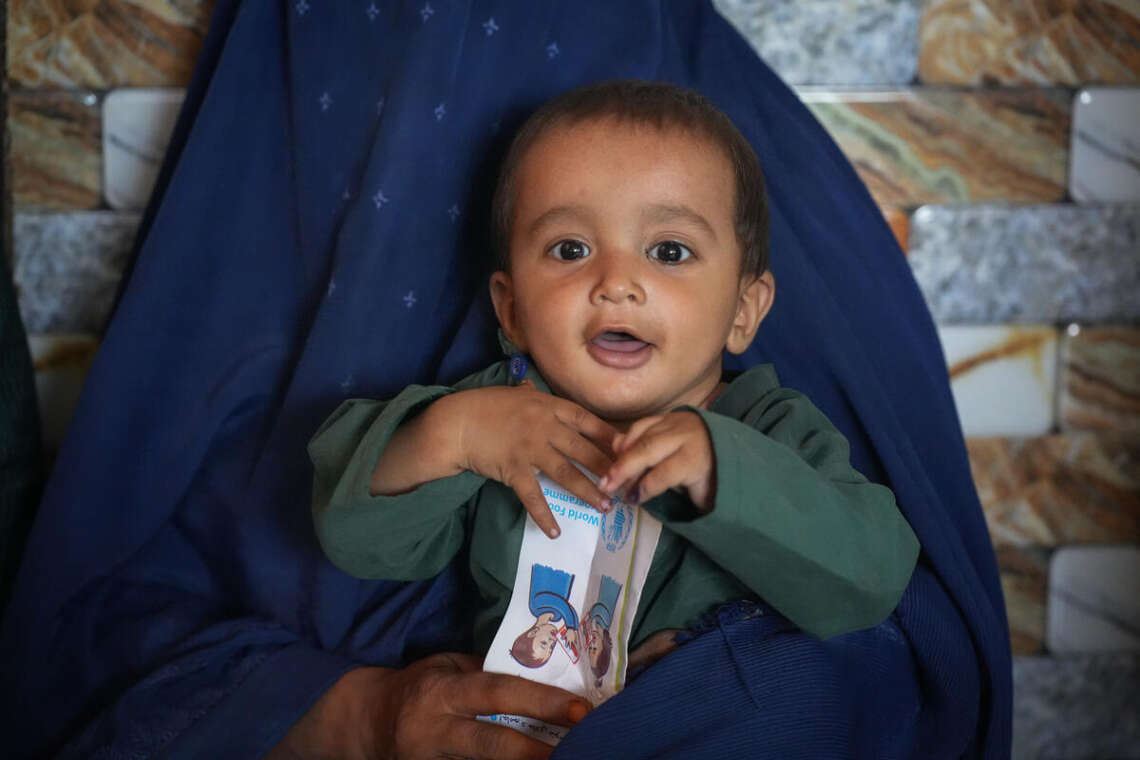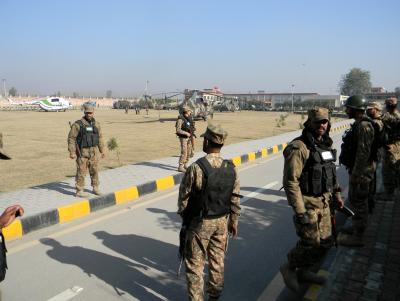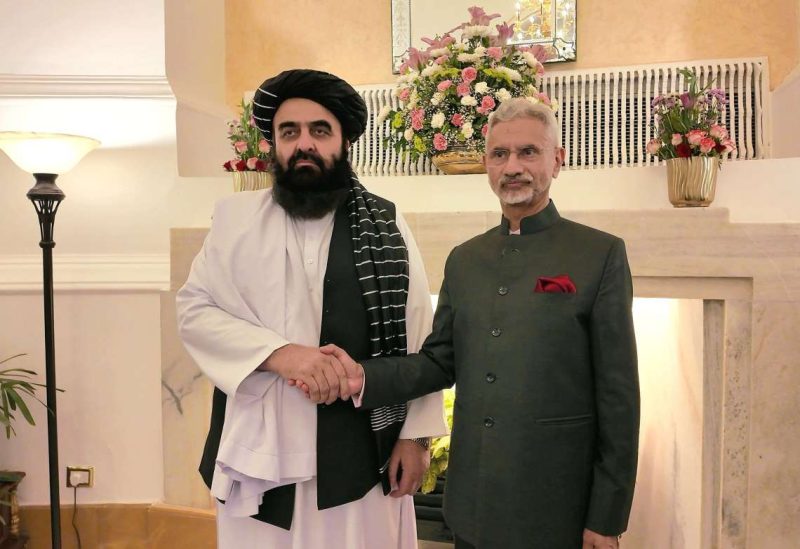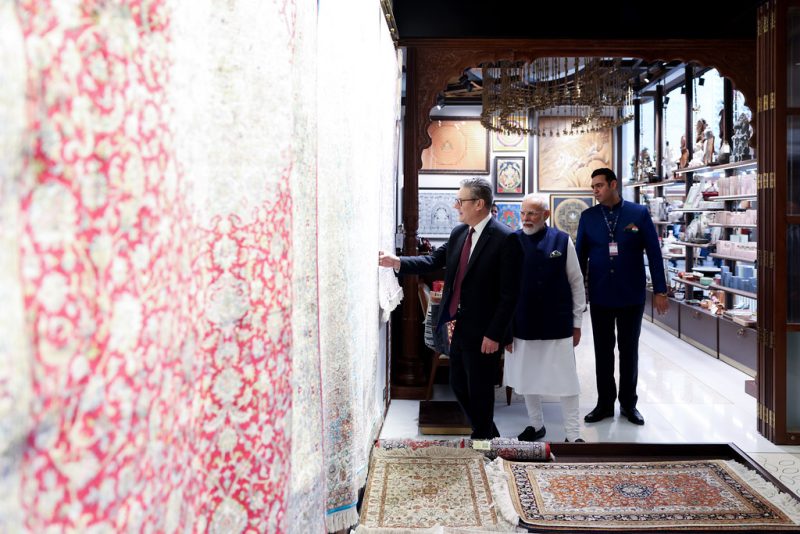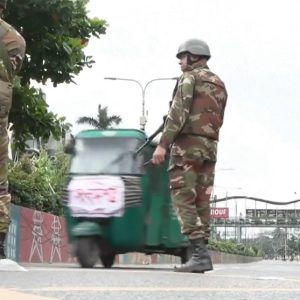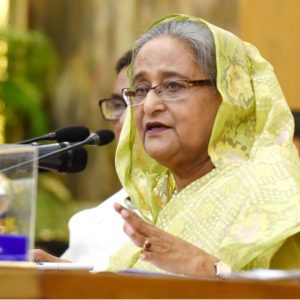Bangladesh sets February 2026 for historic general election, as Muhammad Yunus unveils sweeping reform agenda on uprising anniversary, pledging inclusive democracy and youth-driven political renewal.
Bangladesh’s interim Chief Adviser Muhammad Yunus has announced that the country’s next general election will be held in February 2026, marking a significant milestone in the transition from the July 2024 student-led uprising that ousted former Prime Minister Sheikh Hasina.
In a nationally broadcast address on Tuesday, aired via state-run BTV and national radio, Yunus addressed the people to commemorate the first anniversary of the popular uprising that reshaped the country’s political future. His speech was also accompanied by the formal adoption of a sweeping political charter known as the “July Declaration,” signalling a clear departure from the constitutional and political legacy of the Hasina regime.
“On behalf of the interim government, I will write to the Chief Election Commissioner, requesting that the Election Commission organise a national election in February 2026, before the next Ramadan,” Yunus said in his address. He added that the country would begin both “mental preparation and institutional arrangements” to ensure the upcoming polls are historic for their sense of “joy and celebration, peace and order, voter turnout, and cordiality.”
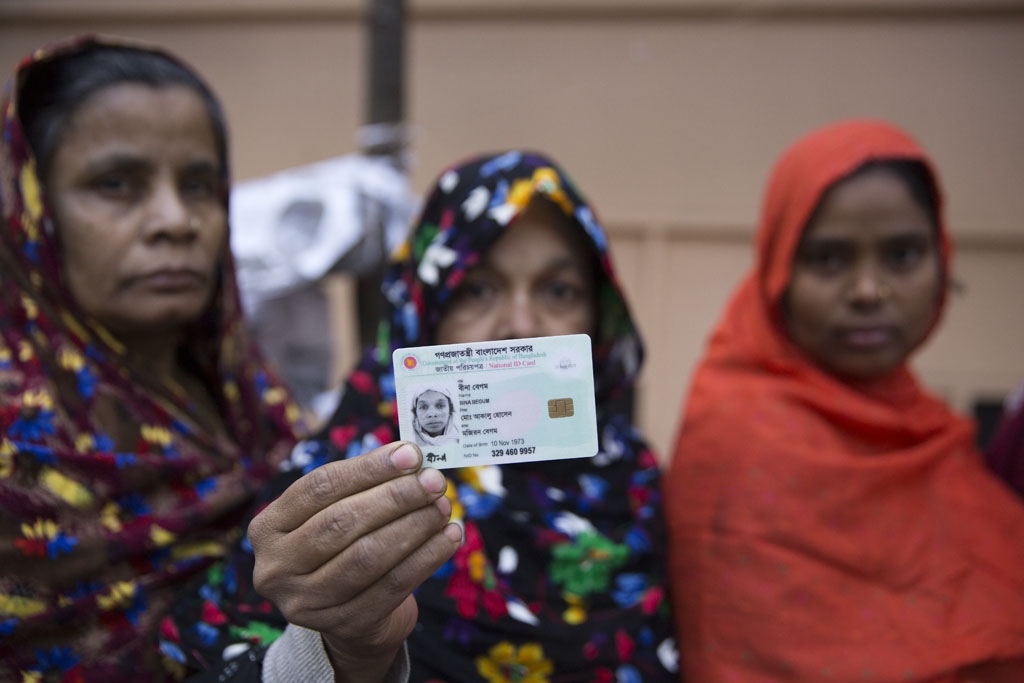
Yunus, the Nobel Peace Prize-winning economist, called on political parties to centre their manifestos on the aspirations of the youth and women, crediting them as the true agents of change. “The youth who have changed Bangladesh have the power to change the world as well,” he said, urging inclusive politics going forward.
The interim government also used the anniversary to formally unveil the July Declaration, a 26-point document that outlines a new vision for Bangladesh’s political and constitutional future. The declaration was drafted following consultations with several political parties that had supported the anti-Hasina movement, including the Bangladesh Nationalist Party (BNP), Jamaat-e-Islami, and the newly formed National Citizen Party (NCP).
Top leaders from these parties stood with Yunus at Dhaka’s South Plaza of the National Parliament Complex as he read out the declaration to a massive crowd. Thousands had gathered at Manik Mia Avenue, bordering the Parliament premises, to mark the day with celebrations and remembrance.
The July Declaration was sharply critical of Bangladesh’s 1972 constitution and Hasina’s decade-long rule, accusing both of failing the people. It pledged to amend the constitution to align with the spirit of the 2024 student-led uprising.
“Whereas, the post-independence Awami League government failed to materialise the people’s aspirations because of the weaknesses in the procedures of drafting and in the structure of the constitution…,” the declaration stated.
It further added: “During the rule of Sheikh Hasina, under her very leadership, an extreme force that was anti-people, autocratic and against human rights turned Bangladesh into a fascist, mafia and failed state and thereby tarnished Bangladesh’s international image.”
The document demanded that the uprising be granted official constitutional recognition and that the July Declaration form part of a reformed constitution to be adopted by the next elected government.
Tuesday’s commemorative events took place under tight security. Authorities set up checkpoints across Dhaka, with police and security forces monitoring crowds amid concerns over political tension. While the day was declared a national holiday by the interim government, the underlying tone of the anniversary was complex — both celebratory and cautious.
One year on, however, concerns remain about the pace of reforms under Yunus’s administration. International watchdog Human Rights Watch (HRW) issued a critical statement on the anniversary, expressing disappointment at the government’s human rights record since Hasina’s fall.
“The hope of the thousands who braved lethal violence a year ago when they opposed Sheikh Hasina’s abusive rule to build a rights-respecting democracy remains unfulfilled,” said Meenakshi Ganguly, HRW’s deputy Asia director. “The interim government appears stuck, juggling an unreformed security sector, sometimes violent religious hardliners, and political groups that seem more focused on extracting vengeance on Hasina’s supporters than protecting Bangladeshis’ rights.”
The tension between optimism and unfinished reform was also evident in the streets. Despite the celebrations, a heavy security presence served as a reminder of the fragility of the current peace.
Meanwhile, the Awami League, now banned, has declared August a month of mourning in memory of the assassination of independence leader Sheikh Mujibur Rahman — Sheikh Hasina’s father — on August 15, 1975. Party sympathisers continue to quietly mark the occasion amid ongoing political uncertainty.
Sheikh Hasina, who fled to India following last year’s uprising, has remained silent publicly, though some reports suggest her loyalists are regrouping abroad. The July uprising — referred to by supporters as the “July Revolution” — continues to polarise Bangladesh, with some hailing it as a second liberation, while others warn of dangerous political retribution.


